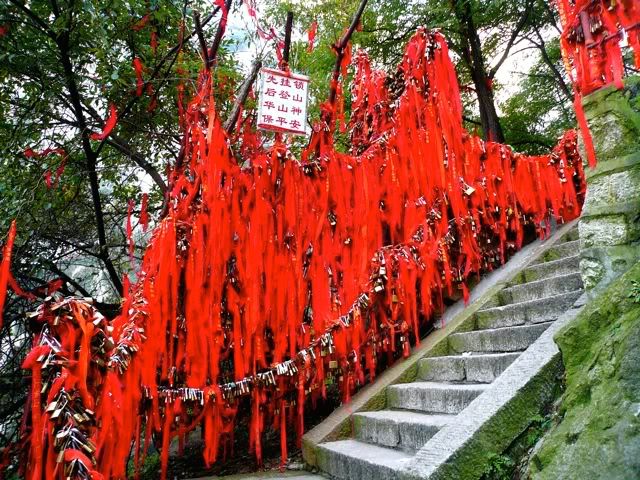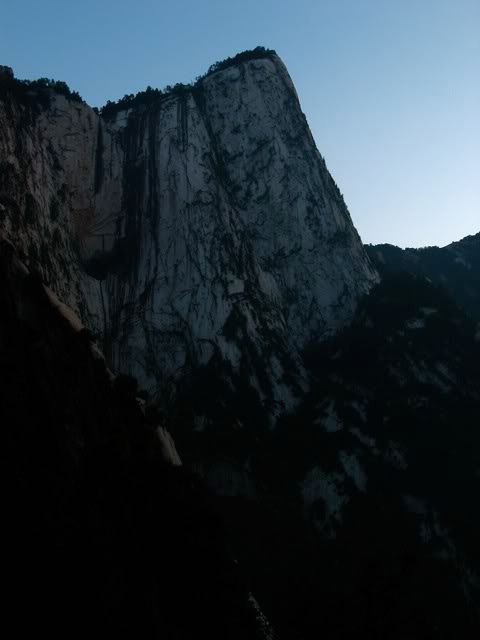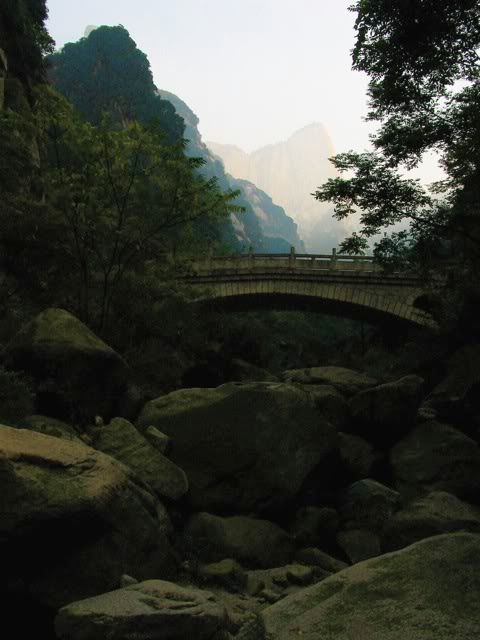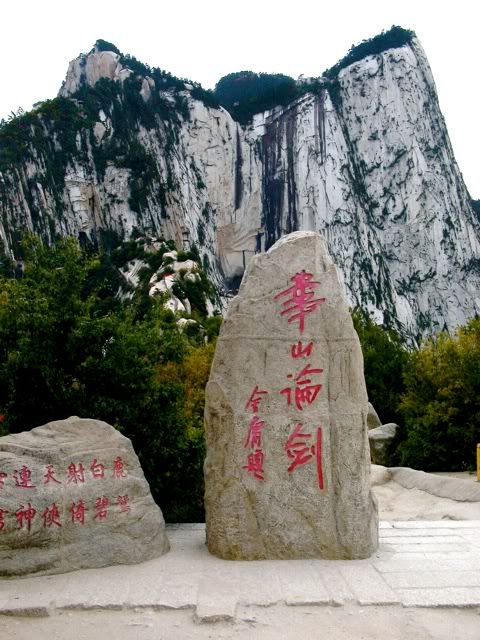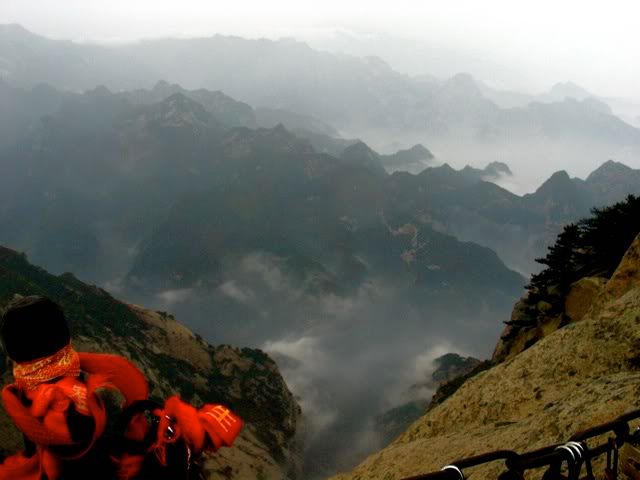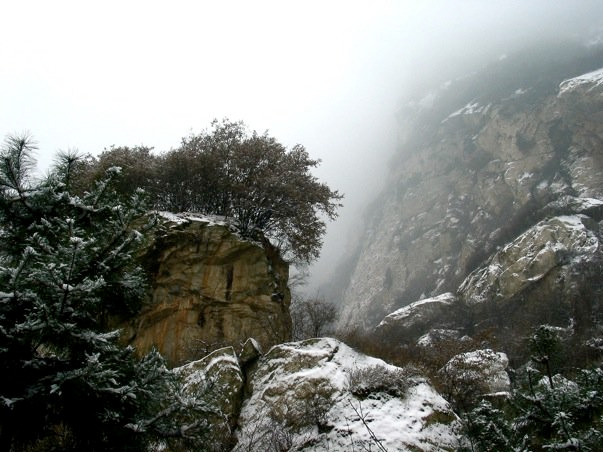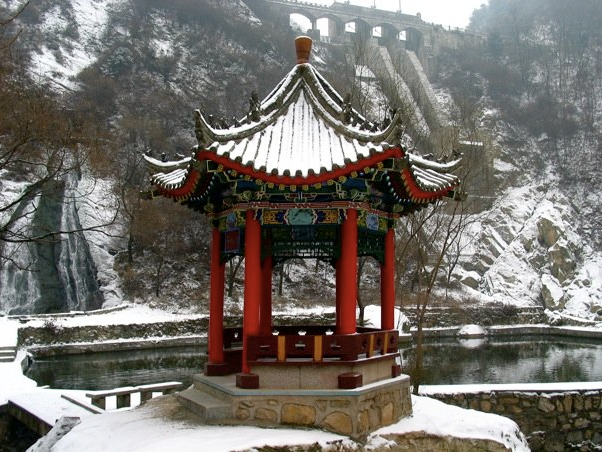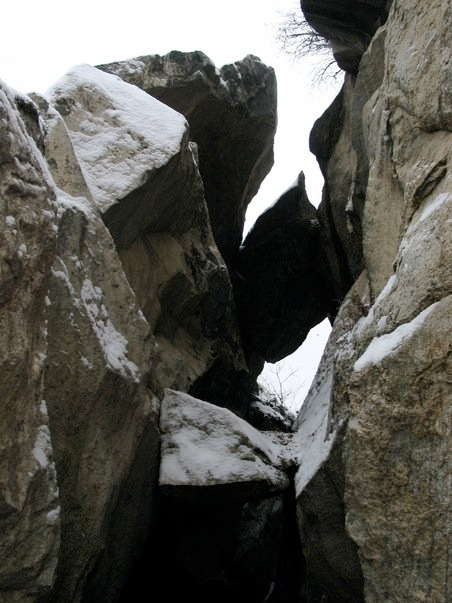From Xinhua News Services:
I'm proud to say that I was part of the "problem" this year; Jackie and I gave two cartons of red Hao Mao (translated to "good cat") cigarettes to her dad on Chinese New Year's Eve.
BEIJING, Jan. 30 (Xinhua) -- Despite knowing all the harms of smoking, Li Pingping, who lives in Shanghai, still decided to buy two cartons of cigarettes as presents for her father back in southwest China's Chongqing."When you pick up gifts for the elders during festivals or anniversaries, cigarettes are a nice choice," she said.
Li will take the cigarettes with her on the three-hour-flight to her hometown Chongqing Municipality.
It's Chinese tradition to give cigarettes when meeting new friends or visiting relatives, either to show friendliness or respect.
But the tradition has long stood in the way of the government's and anti-smoking organization's efforts to discourage smoking.
Xu Guihua, deputy director of Chinese Association on Tobacco Control (CATC), said "the lack of understanding and support" has made their job difficult.
Read On
The purchase was actually a bit controversial. Jackie and I bought them at a small store which we figured was legit, ie. wouldn't sell us fake cigarettes. Jackie then went home that night and told her dad that we bought red Hao Maos for him for the holiday. He said that the carton should have a date that the cigarettes were made on them. Our carton didn't and we were a bit worried that we'd purchased fake cigarettes.
On New Year's Eve when we gave Jackie's dad the cigarettes, he looked at the box and thought they looked OK.
The real test was in smoking the cigarettes though.
I watched him as he deeply inhaled the relatively expensive cigarettes. He took a few puffs and then said, "可以。是真的。" Or, "They're real."
He then went on to smoke several over the course of the next few hours.
I've been around Jackie's parents and her extended family all week. During this time span, I was probably exposed to more second-hand smoke than my entire life living in the United States. Jackie's dad, cousins, uncles, and paternal grandma chain-smoked cigarettes nearly every minute they weren't feasting on delicious home-made food (which was a rather large percentage of the time spent over the past week).
I'm a non-smoker, but second-hand smoke doesn't bother me that much. I don't think I'd like to live with a smoker who smokes inside (and yes, all Chinese people who smoke do so inside), but it doesn't bother me that much to be around smokers on special occasions.
And this Spring Festival has been a very special occasion. Honestly, the past week has to be up there with one of the best weeks I've had in China since I came here three years ago.
Although this is the second time for me to spend the Chinese New Year with Jackie and her relatives, this is the first year that I've spent the new year with Jackie as her fiance.
The difference between the two years has been stark.
Last year, Jackie's relatives were very friendly and warm towards me. But this year, they've really treated me as a family member. I've felt an amazing amount of love and warmth from them as we prepared and ate food, got a bit tipsy on baijiu, played ma jiang, went to KTV (karakoe), and did all of the other things which Chinese people do during their most important holiday of the year.
The communication between myself and the family surely added a lot to my enjoyment. This is due to me studying very hard over the past year. I still don't claim to be fluent, but I have had far fewer problems chatting with Jackie's family members this year than I did last year. Her dad and I, particularly, can chat with great ease.
One interesting aspect of our chatting is that I was told throughout the week that I've been speaking 河南话, or the dialect from Henan Province.

I live in Shaanxi Province in the middle of the map. Henan is directly east of Shaanxi.
My manager at work is from Henan and he and I speak Chinese quite often. I don't think I picked up the pronunciation from him though. Instead, Jackie said that I use the 4th tone too often when speaking and a lot of the words/sentences I say end up coming out in a Henan dialect.
Although I am studying 普通话 (standard Mandarin Chinese) and should not be happy about my Henan dialect-like pronunciation, I am thrilled to hear that I speak with one. It shows me that my Chinese is to the level where people can understand what I'm saying, even if it comes out as sounding like someone from a different province. To me, being told I sound like someone from Henan implies that I'm speaking with some degree of proficiency.
I'm back at work today and the holiday is largely over for me. Yet I'm sure I'll see Jackie's parents and relatives a time or two more before the Latern Festival in about ten days. The Lantern Festival is the official end of the Chinese New Year.
This past week reminded me a lot of Christmas at home back in America last month. I'm very content that I can have such experiences both in America with my family as well as in China with the people who are soon going to be my extended family.














